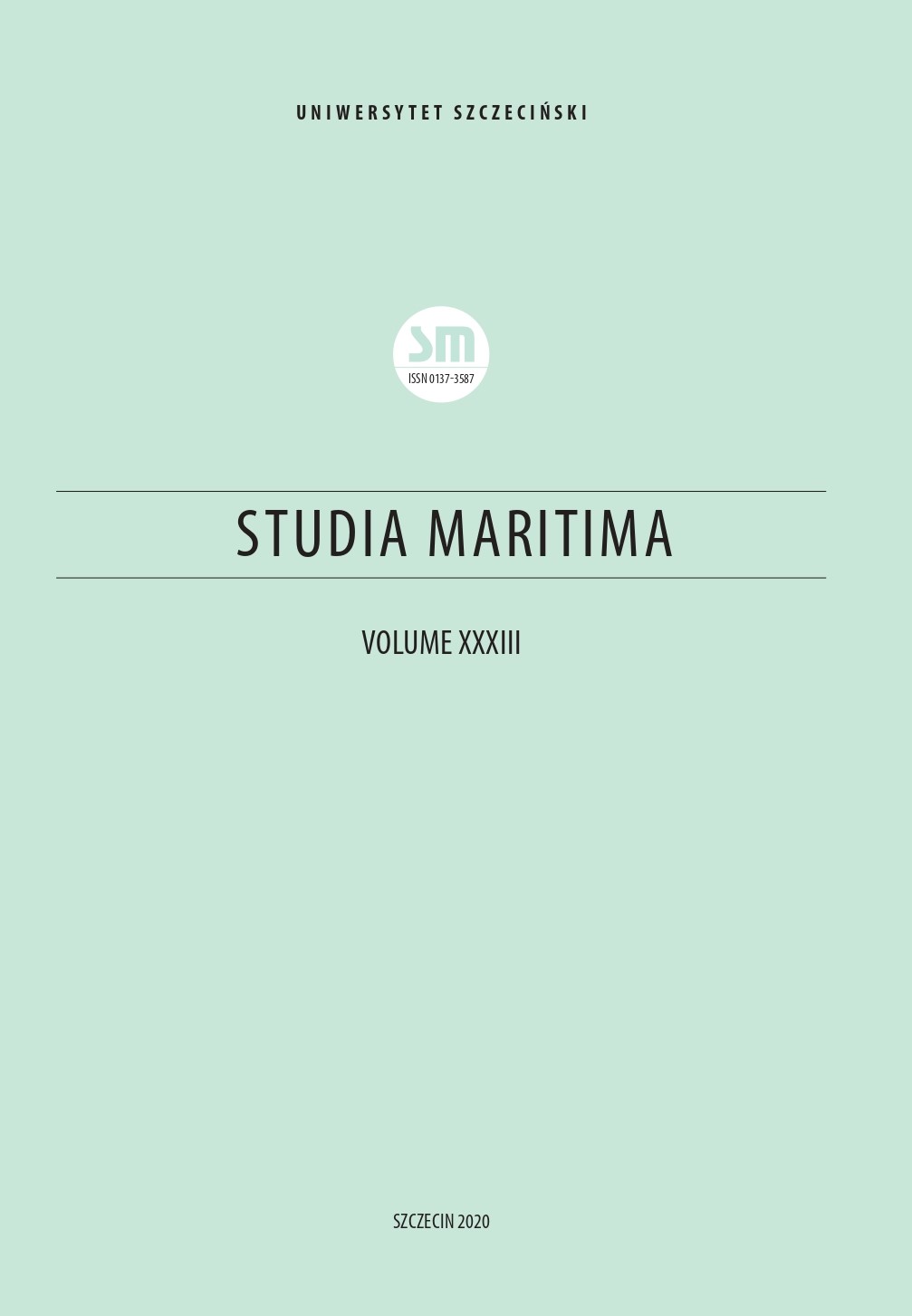Bandits and/or pirates – the meaning of the words ὁ λῃστής and ὁ πειρατής in ancient Greek novel
Bandits and/or pirates – the meaning of the words ὁ λῃστής and ὁ πειρατής in ancient Greek novel
Author(s): Małgorzata CieślukSubject(s): History, Studies of Literature, Ancient World, Greek Literature
Published by: Wydawnictwo Naukowe Uniwersytetu Szczecińskiego
Keywords: piracy in antiquity; ancient Greek novel; historical semantics
Summary/Abstract: The present article deals with the problem of the meaning range of the words ὁ πειρατής and ὁ λῃστής in ancient Greek novels. The aim was to verify Philip de Souza’s claim that ancient authors used these terms interchangeably as synonyms. The analyses confirmed de Souza’s assumption only with regard to Chariton’s Callirhoe, the oldest of the surviving novels dating back to the first half of the 1st century AD. In later novels, especially in the works of Xenophon of Ephesus and Heliodorus, the noun ὁ πειρατής is used as a hyponym of the noun ὁ λῃστής. This means that in the investigated texts, the referents (designata) of the word ὁ πειρατής have features specific only to the meaning range of this term which partially differentiate its denotation from that of the general term ὁ λῃστής. This is an important clue for interpreting written sources related to ancient piracy. The study was conducted from a semantic perspective using the methods of comparative philological analysis.
Journal: Studia Maritima
- Issue Year: 33/2020
- Issue No: 1
- Page Range: 9-32
- Page Count: 24
- Language: English

